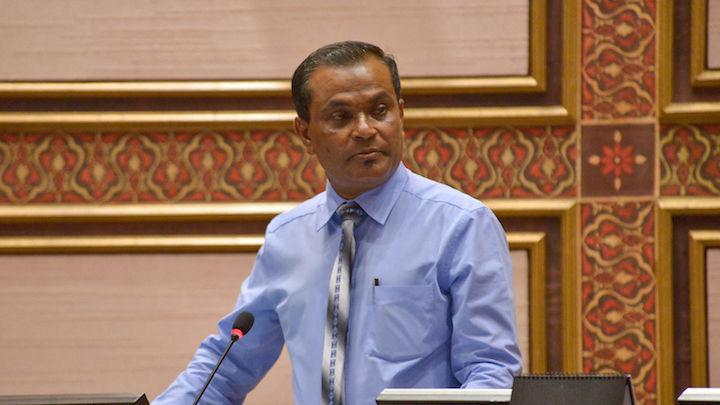MPs propose tougher restrictions on press ahead of vote on defamation bill
PPM MPs have proposed tougher restrictions on the press in a revised version of a controversial bill seeking to recriminalize defamation, disregarding a ground swell of opposition from journalists, human rights groups and the international community.

09 Aug 2016, 09:00
MPs of the ruling Progressive Party of the Maldives have proposed tougher restrictions on the press in a revised version of a controversial bill seeking to recriminalize defamation, disregarding a ground swell of opposition from journalists, human rights groups and the international community.
The parliament is now set to vote on the bill on Tuesday.
The bill, which sets hefty fines and a jail term of up to six months for individuals who are unable to pay the fine, now grants regulators the authority to interrupt live coverage or suspend licenses of media outlets if it receives complaints of slander.
It will come into effect upon ratification by the president, and not within the three months proposed earlier.
Become a member
Get full access to our archive and personalise your experience.
Already a member?
Discussion
No comments yet. Be the first to share your thoughts!
No comments yet. Be the first to join the conversation!
Join the Conversation
Sign in to share your thoughts under an alias and take part in the discussion. Independent journalism thrives on open, respectful debate — your voice matters.




